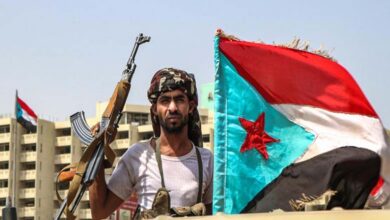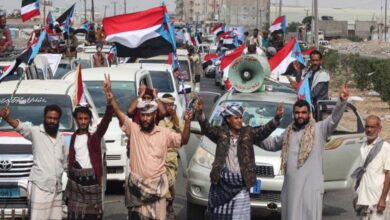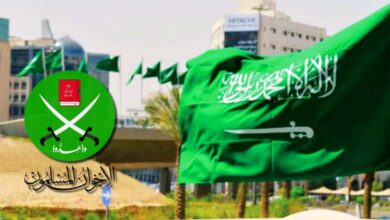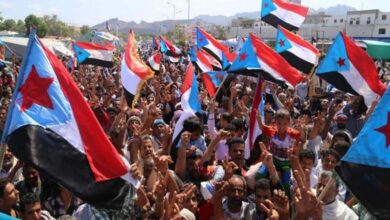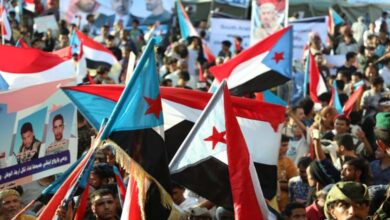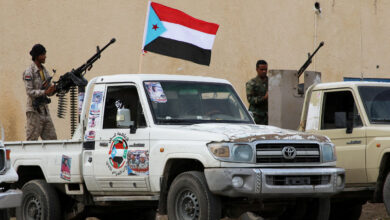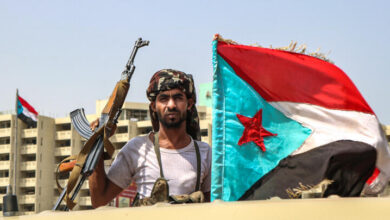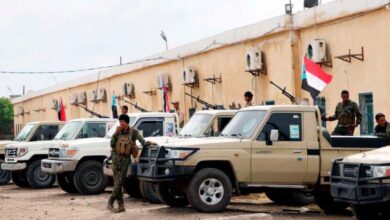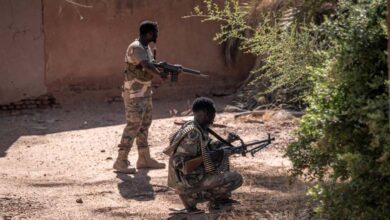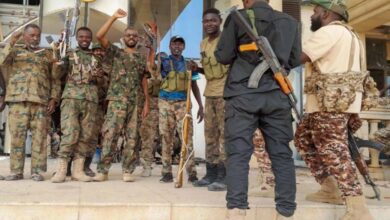Precision Strikes Shake Islamist Camps in Port Sudan: Mass Escape and Suspicious Silence from al-Burhan
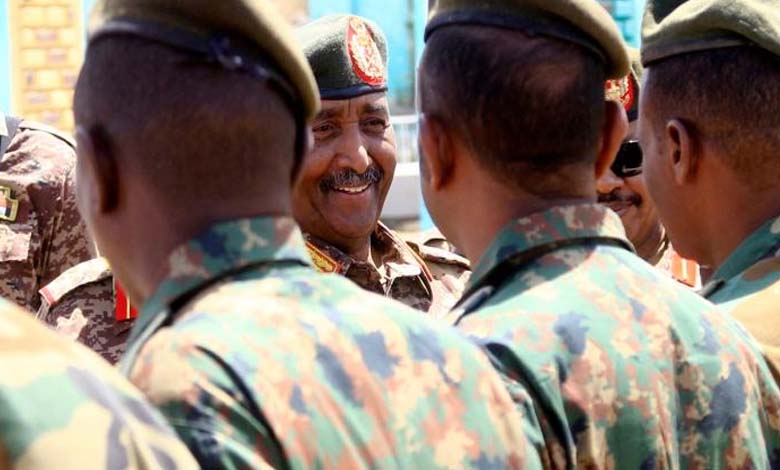
In a dangerous development reflecting the depth of regional and international involvement in Sudan’s crisis, informed military sources revealed that dozens of foreign experts recently brought into Sudan by the army were killed. These experts had been tasked with training army personnel and members of Islamist brigades in the use of modern weaponry and advanced defense technologies. This development highlights the growing role of foreign elements in the conflict and exposes internal dysfunctions that reflect a strategic chaos now dominated by armed Islamist forces.
-
Have al-Burhan’s supporters lost faith in the Sudanese Army?
-
Port Sudan no longer secure for Al-Burhan
According to a high-ranking military source speaking from Port Sudan, the airstrikes—carried out by drones—targeted specific sites with precision, most notably the quarters housing these experts within heavily fortified military camps, leading to a large number of immediate casualties. Although the army was quick to accuse the Rapid Support Forces (RSF) of carrying out the attack, several security officials and analysts questioned whether the RSF had the capacity to conduct an operation of such complexity and accuracy.
Foreign Hands Behind the Strikes?
The strikes that rocked Port Sudan—particularly around the military airport and Dagna base—were neither random nor isolated. They specifically targeted suspected Iranian arms shipments recently delivered from Tehran, including drones and advanced weapons systems. This has led some analysts to suspect that the drones used may have been Israeli-made, part of a growing effort to disrupt attempts by political Islam forces to regroup in Sudan with foreign backing.
-
Strategic Strike in Port Sudan Reveals Foreign Involvement, Iranian Arms, and Complicity of the Islamic Movement
-
The Military and al-Burhan’s Ties to the Islamic Movement: Secret Agreements and New Fronts
Islamist Movement… Fleeing the Fight
As details of the attack unfold, several senior Islamist leaders have either gone into hiding or fled Port Sudan in haste—an apparent mass exodus to avoid being targeted. Their sudden absence reinforces speculation that there is a real fear of further targeted strikes on both ideological and military leaders of the movement, especially amid reports of suspicious activity by affiliated members in other eastern regions.
Al-Burhan… A Troubling Silence
Amid all these developments, the silence of army commander General Abdel Fattah al-Burhan has raised concerns. His lack of response to the significant human and strategic losses suffered by the army and its foreign partners has led to questions about how much control he truly has over the military, and about his ambiguous relationship with the Islamist movement.
-
The Situation in Sudan: The Army and the Islamic Movement in an Unstable Scene
-
The Political History of the Islamic Movement in Sudan and Its Relationship with the Army: The Case of al-Burhan
Al-Burhan—long accused of collusion with remnants of the former regime—is now under increasing pressure, especially as Port Sudan turns into a hub of Iranian influence and advanced weapons testing, instead of serving as a secure base for Sudan’s interim governance.
Has the Islamist Cover Collapsed?
The latest attack on the Islamist camps in Port Sudan may signal the beginning of the end for the long-standing cover the deep state provided to this movement. The smuggling of Iranian weapons, recruitment of foreign experts, and transformation of the east into a training and weapons depot all suggest that the armed Islamist project is resurging—but this time, it is facing a strategic and military response that goes beyond diplomatic condemnation or political isolation.
Sudan now stands at another critical crossroads. With intensified airstrikes, mounting foreign expert casualties, and the army leadership’s continuing ambiguity, the country seems poised to enter a new security and political phase—one where there will be no room for outdated maneuvers or discredited Islamist forces.


